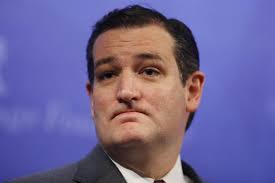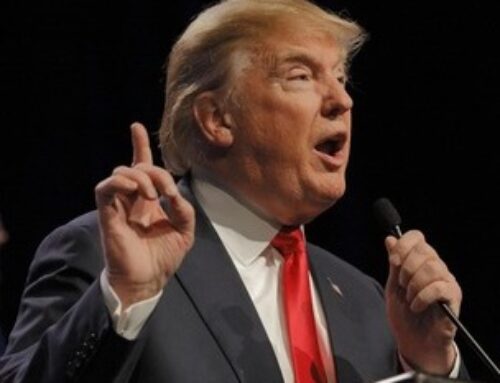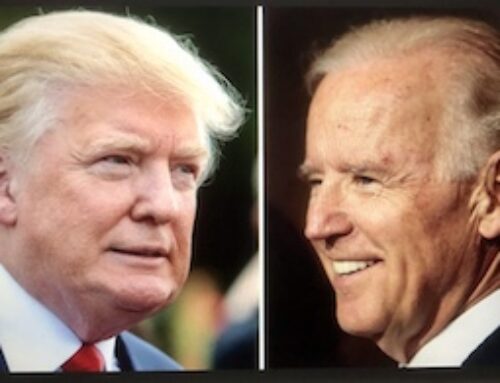
According to his tax records, Ted Cruz ‘s tithe is not the biblical 10%, but a paltry 1%. Contrast that with Bernie Sanders’ 5%. (What makes the contrast remarkable is that Sanders is an both an atheist and a socialist who regards charity as government’s responsibility, whereas Cruz favors reducing the size of government and, presumably, leaving charity to individuals.)
The second exhortation, being “biblically correct,” certainly includes practicing the virtue emphasized in the Lord’s Prayer—forgiveness. Surely Ted Cruz is familiar with that prayer; no doubt he says it every day. And every time he does so he repeats these words: “Forgive us our trespasses as we forgive those who trespass against us.”
Note that there is no disclaimer in that prayer, such as “except in cases where other people really hurt our feelings or offend us deeply.” Not at all. Whoever offends is to be forgiven and the model to be followed is that of Christ Himself, who prayed for those who tortured and crucified him, “Forgive them, Father, for they know not what they do.”
The “biblically correct” response for Ted Cruz to have made to Donald Trump was forgiveness. And yet when the opportunity came to make that response, he refused. To be more specific, after accepting Trump’s invitation to speak at the GOP convention, he then withheld support for Trump, a gesture that is virtually required of speakers, that Cruz himself pledged to do during the primary campaign, and that would have demonstrated forgiveness.
As if that were not enough, the next day Cruz reinforced his unforgiving attitude, saying to the press, “I am not in the habit of supporting people who attack my wife and attack my father.”
To be sure, Trump had committed the offense, it was both rude and hurtful, and it would have been understandable for Cruz to resent it mightily. But was it unforgiveable? From the biblical, Christian perspective, the answer is decidedly “No.”
What makes Cruz’s missed opportunity especially sad is that it represented a chance to show tens of millions of people, worldwide, a luminous example of Christian forgiveness. Here is what he could have said in his speech:
During the primary campaign, as is well known, Donald Trump insulted both my wife and my father. In all likelihood, I will never forget that offense. My Christian faith, however, does not require me to forget, only to forgive. I therefore do so here and now, in front of millions of people as a testament to my faith. And I therefore honor my pledge and support Donald Trump for the presidency of the United States.
Those few words would have prompted an entirely different response in the hall and in homes around the country and the world. People would have cheered rather than booed Cruz. Trump would have gained respect for Cruz and perhaps a measure of humility in the bargain. And everyone who heard Cruz’s words would have been reminded that forgiveness is ennobling.
Moreover, Cruz himself would have gained significantly in stature.
If Cruz had seized that opportunity instead of dismissing it, history would remember him not merely as a graduate of Princeton and Harvard whom Professor Alan Dershowitz once called “off-the-charts brilliant,” a man who clerked for Chief Justice of the Supreme Court, was Solicitor General for the State of Texas, and a U.S. Senator. It would also remember him as a humble and magnanimous man.
From a biblical perspective, Cruz’s refusal to forgive Donald Trump deprived us all of an inspiring example of Christian kindness. It also greatly diminished Cruz.
Copyright © 2016 by Vincent Ryan Ruggiero

